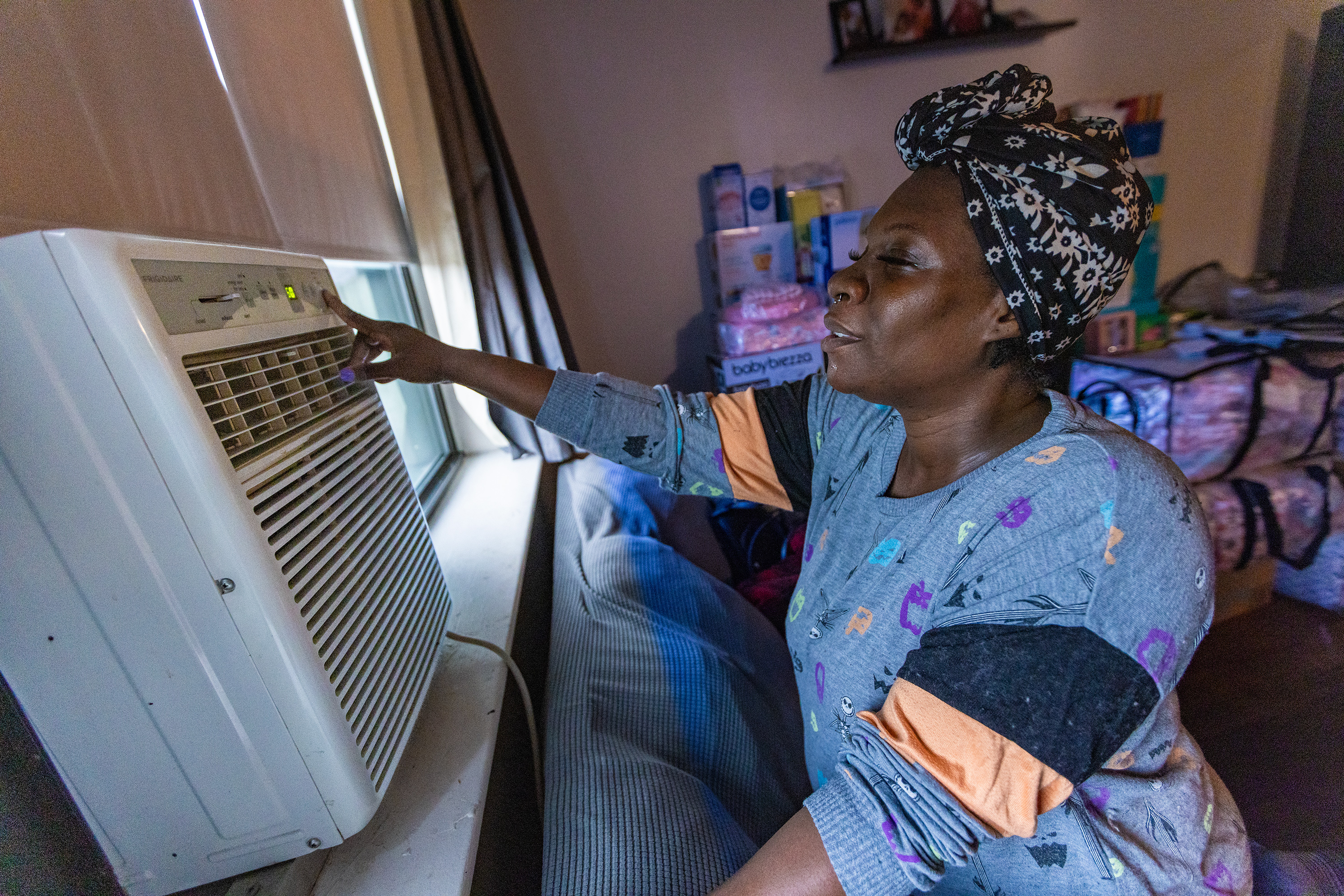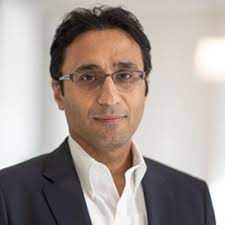One of the most pressing and often overlooked challenges in healthcare today is how to reach and effectively treat dually diagnosed patients — commonly, individuals who grapple with both mental health problems and substance use issues. According to the...
 Bernard DiCasimirro, D.O., Chief Medical Officer at Lucet
Bernard DiCasimirro, D.O., Chief Medical Officer at Lucet
One of the most pressing and often overlooked challenges in healthcare today is how to reach and effectively treat dually diagnosed patients — commonly, individuals who grapple with both mental health problems and substance use issues. According to the Substance Abuse and Mental Health Services Administration, more than one in four adults living with a serious mental health issue also has a substance use issue. The unique challenges these individuals face, along with the impact of social determinants of health, present formidable obstacles to their recovery.
Mental Illness and Substance Use Disorder: A Common Comorbidity
The relationship between mental illness and substance use disorder (SUD) is profound: people who suffer from mental health disorders are more likely to turn to drugs or alcohol as a coping mechanism, inadvertently leading to substance use problems. Conversely, individuals with substance use disorders may experience heightened anxiety, depression, or other mental health issues as a direct result of their substance misuse. The cycle is vicious and self-sustaining.
Mental health conditions and substance use can exacerbate each other, creating a complex and intertwined web that entraps many individuals. A “one-size-fits-all” approach to treatment is insufficient when confronted with the intricacies of dually diagnosed patients. It’s not merely a matter of addressing mental health or substance use in isolation, but understanding how the two interact and developing a comprehensive treatment plan.
Unique Challenges for Dually Diagnosed Patients
The challenges that dually diagnosed patients face are multifaceted and can impede their access to behavioral health services and hinder their chances of successful treatment. These challenges include:
Stigma: Dually diagnosed patients often suffer from a double burden of stigma. Society stigmatizes mental health issues or substance use problems separately, but the stigma intensifies when both conditions are present, discouraging individuals from seeking help and making them feel like societal outcasts.
Complex Clinical Needs: Treating dually diagnosed patients requires a high degree of clinical expertise. The interplay between mental health and substance use is intricate, making it challenging for healthcare providers to deliver effective care without a nuanced understanding of both conditions.
Fragmented Care: The fragmentation of health care services poses a significant barrier to dually diagnosed patients. Many healthcare systems are designed to address either mental health or substance use, leading to disjointed care. This fragmentation not only diminishes the quality of care but also deters patients from engaging effectively with the healthcare system.
Related to this is the need for coordinated care. Dually diagnosed patients require integrated and coordinated services, but these services are often siloed, with mental health professionals and addiction specialists working independently. This lack of coordination can lead to conflicting treatment plans and poor patient outcomes.
Social Determinants of Health
It is essential to recognize that the challenges faced by dually diagnosed patients extend beyond the clinical realm. Social determinants of health — i.e. where people are born, raised, learn, worship, etc. — play a pivotal role in shaping an individual’s initial access to care and their subsequent outcomes within the health care system. Addressing these social determinants is a vital component of reaching and supporting dually diagnosed patients.
Access to Care: Economic disparities and geographical barriers can limit access to behavioral health services. Dually diagnosed patients from disadvantaged backgrounds often find themselves trapped in a cycle of limited access and inadequate care.
Housing and Stability: Stable housing is a fundamental determinant of health. Dually diagnosed patients who lack housing stability face additional challenges in obtaining the support they need. The link between homelessness and substance use is well-established, making housing interventions crucial.
Support Systems: Strong social support is essential for individuals facing dual diagnoses. Dually diagnosed patients often grapple with strained relationships, isolation and the loss of social support. Reconnecting them with supportive networks is vital for their recovery.
The Role of the Health Care Continuum
To improve the behavioral health outcomes of dually diagnosed patients, a paradigm shift is imperative. The entire healthcare continuum, from payers to primary care providers to specialty behavioral health services, must come together to address this crisis comprehensively.
Integrated Care Models: Health care systems should adopt integrated care models that bridge the gap between mental health and substance use services. This means creating multidisciplinary teams that collaborate to provide holistic care.
Training and Education: Healthcare professionals need enhanced training and education to understand the unique needs of dually diagnosed patients. They must be equipped to recognize the signs, employ appropriate assessment tools and deliver effective interventions.
Community-Based Services: Expanding community-based services can improve access to care for dually diagnosed patients. This includes outreach programs, crisis intervention and peer support initiatives tailored to their needs.
Reducing Stigma: Healthcare organizations should actively engage in anti-stigma campaigns to reduce the societal prejudice surrounding mental health and substance use. Normalizing conversations about dually diagnosed patients is essential for encouraging them to seek help.
Advocacy and Policy Reform: Advocacy efforts should target policy reform to ensure that behavioral health services are equitable and accessible to all. Policymakers should prioritize the needs of dually diagnosed patients in health care reform initiatives.
Access to Timely Care: Perhaps most important is ensuring that these patients have access to the care they need when they need it. Currently, people suffering from SUD face wait times that can average more than three months for an initial visit to a mental health care provider. New solutions from third-party vendors are addressing this challenge head-on, utilizing a combination of technology and human expertise to connect people with care quickly. Health plans should embrace these solutions to solve the access problem for their members.
The Solution
The current crisis of dually diagnosed patients demands a holistic and empathetic approach. The challenges they face, both within the healthcare system and from social determinants of health, necessitate a coordinated effort from all facets of the healthcare continuum. Only by addressing the unique challenges of dual diagnosis and eliminating the obstacles to care can we help patients recover and regain control of their well-being.
About Dr. Bernard DiCasimirro
Dr. Bernard DiCasimirro, D.O., is the Chief Medical Officer of Lucet, a leading provider of behavioral health solutions and services to commercial health plans, government agencies, and other sponsors of care. Before Lucet, Dr. DiCasimirro was the medical director for PerformCare, spent over four years as an Optum/United Healthcare associate medical director, served as the primary psychiatric consultant for the Pennsylvania Bureau of Program Integrity, and has experience extending to correctional psychiatry as the statewide psychiatric director for the Pennsylvania Department of Corrections. Working in all levels of psychiatry and substance use care for more than 25 years, Dr. DiCasimirro is board-certified in general psychiatry and licensed in Pennsylvania, Iowa, Arizona, Arkansas, Kansas, Missouri, the District of Columbia, South Carolina, Louisiana, and New Jersey. He holds a Bachelor of Arts from Franklin and Marshall College in Pennsylvania and graduated with honors from Des Moines University, where he obtained his D.O.















